
After over a year (and counting) of severe travel restrictions due to the COVID pandemic, many of us are ready to spend our Turing dollars to explore the world. But as we’ve all seen with 2020 in our collective rearview mirrors, the world is a crazy place. For the LGBTQ traveler even more so, there are many places where it is not only dangerous to be out, but it can even cost you your life.
Besides the ethical question of whether we should ever indirectly prop up an oppressive regime by spending our money in their country (yes, the vast majority of people living in these countries are suffering as well, so whatever money comes into their economy also helps them), the other aspect to consider when traveling is personal safety.
Petty crime aside (although bone up on how to protect yourself from pickpockets and tourist trap scams) even the most savvy LGTBQ adventurer needs to protect him/herself while also enjoying the culture and people abroad. Thankfully there are annual guides such as the comprehensive review done by Asher & Lyric Fergusson.
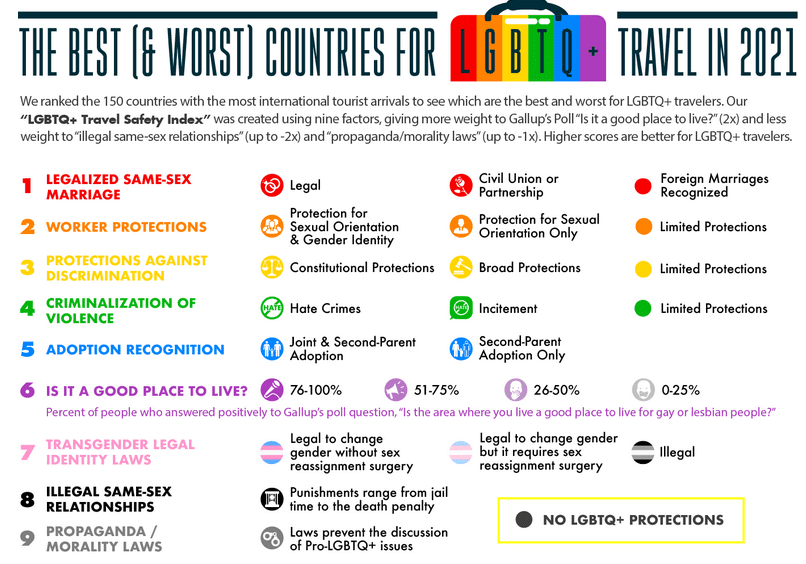
Asher & Lyric Fergusson researches each year 150 countries based on nine criteria (see above) that are of importance for LGBTQ travelers. Their 2021 survey has just been released, and the worst countries should come as no surprise. Nigeria and Saudi Arabia both punish homosexuality with the death penalty, and the rights of LGBTQ citizens are non-existent. Being out as a couple will seriously land you in trouble, putting you in physical danger. So despite the attempt by Saudi Arabia in opening up to tourism, don’t fall for the slick advertising.
The Worst
Rounding out the worst five are also Malaysia, Malawi, and Oman. As noted earlier, most of the citizens of these beautiful countries are lovely people, and the cultural heritage of these destinations are worth a visit. But at what ethical and personal security price?
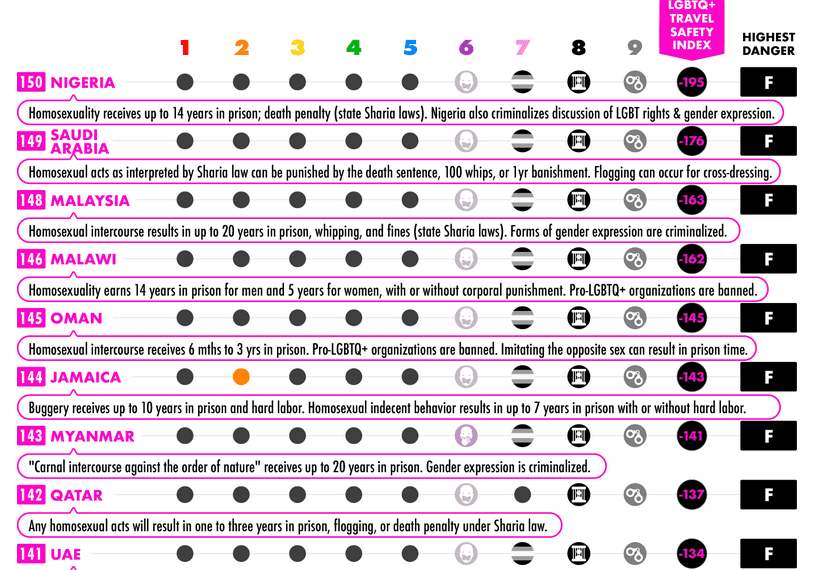
The Safest
Which nations were found to be the top five countries that are the safest for LGBTQ holiday seekers? Our neighbor to the north leads the survey as the best place to consider spending our gay dollars.
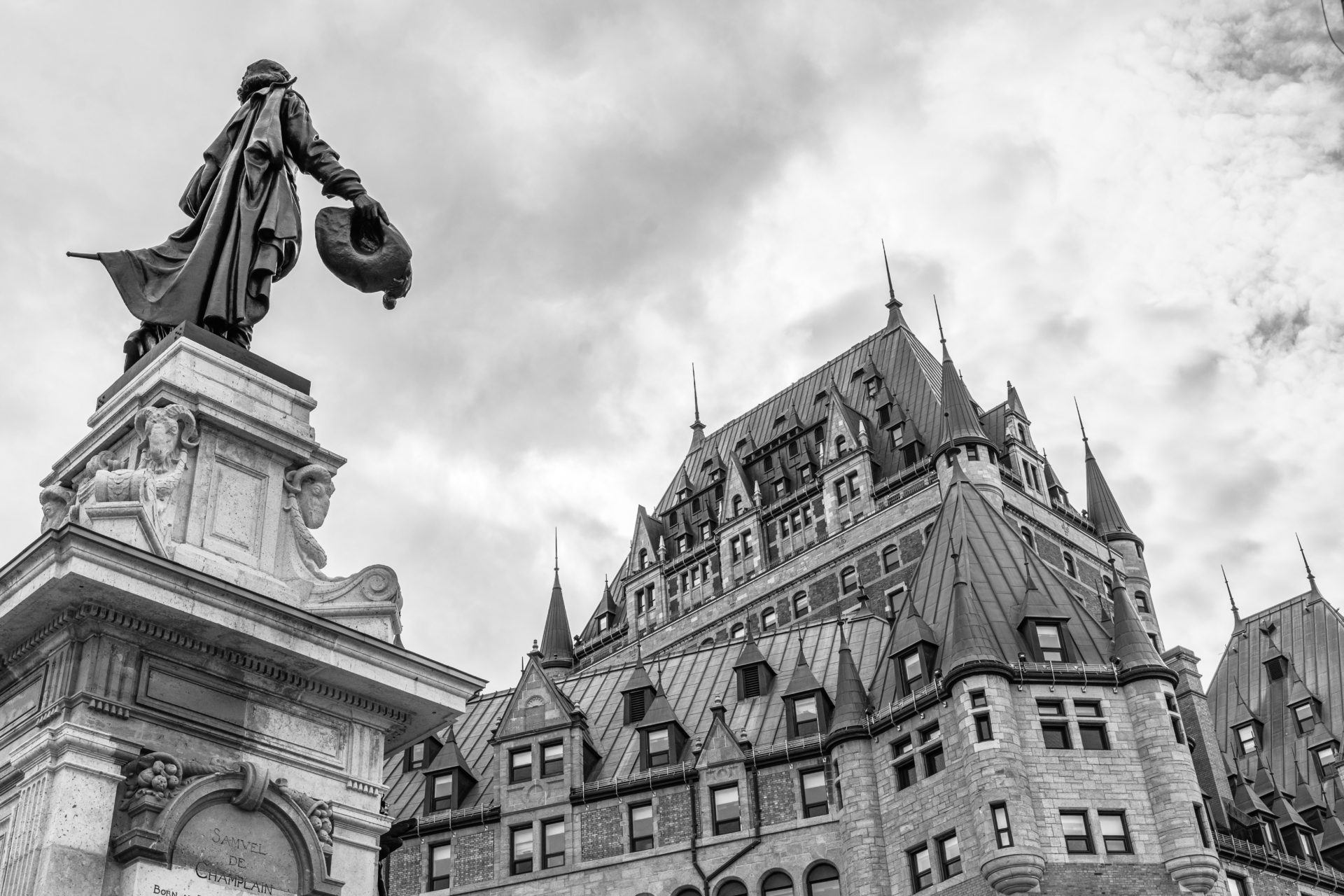
Okay, it may not be the most “foreign” or exotic destination, but Canada offers several advantages for American gay travelers. Besides ease in travelling (shared border, language, and culture) Canada has interesting historical locations to consider. Montreal and Quebec City are popular for their French cultural legacy, while the Canadian Rockies (Lake Louise, Banff) and Pacific coast are also favorites.
Tied for #2 – Netherlands
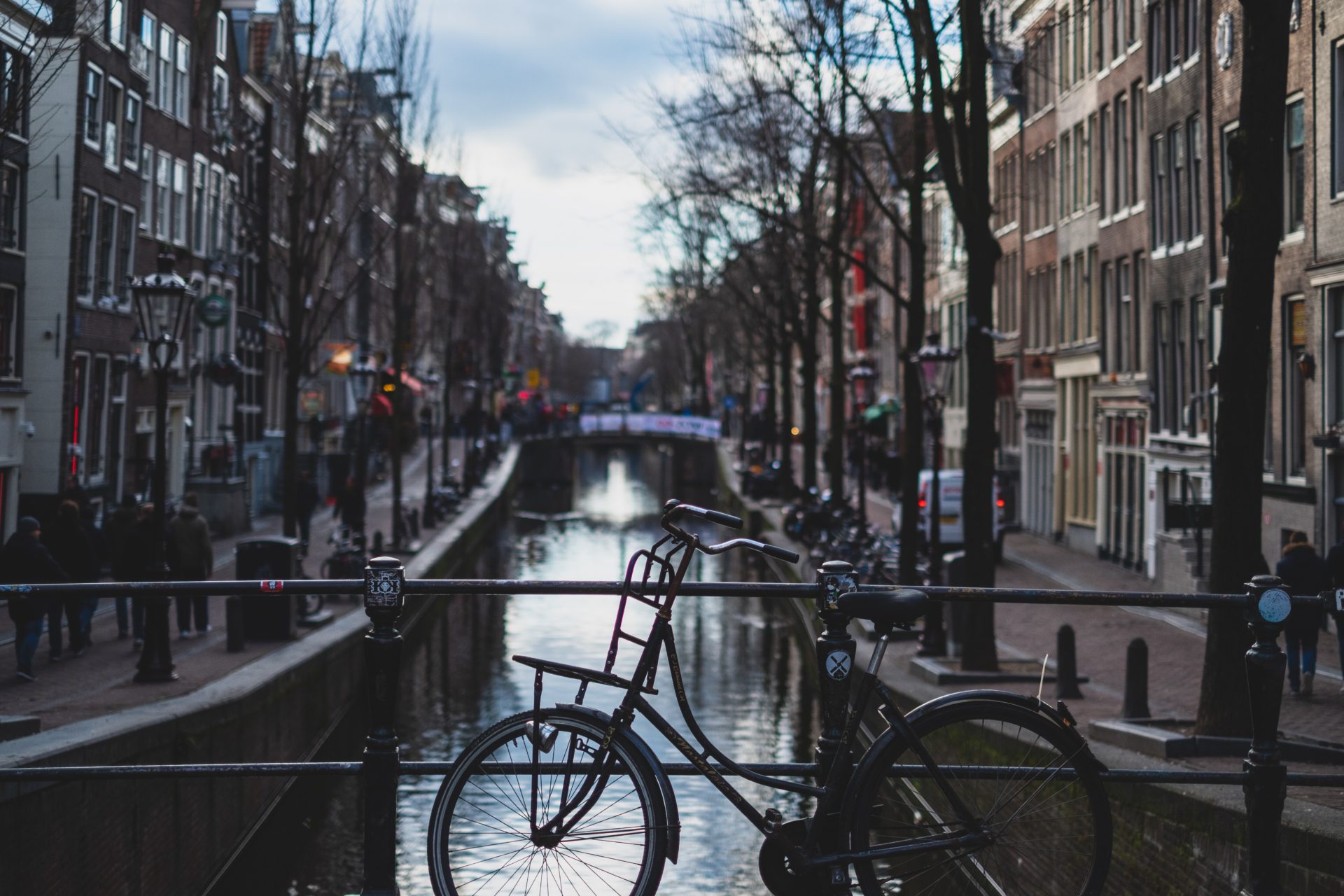
Photo by _ Harvey from Pexels
I don’t care who you are, everyone loves Amsterdam. This romantic city of canals, bikes, and stunning 17th century architecture and art promises to enchant everyone who comes for a visit. Arguably the most “American” people on the European continent, the Dutch speak English perfectly, and are known for being the among the most tolerant in terms of sexuality.
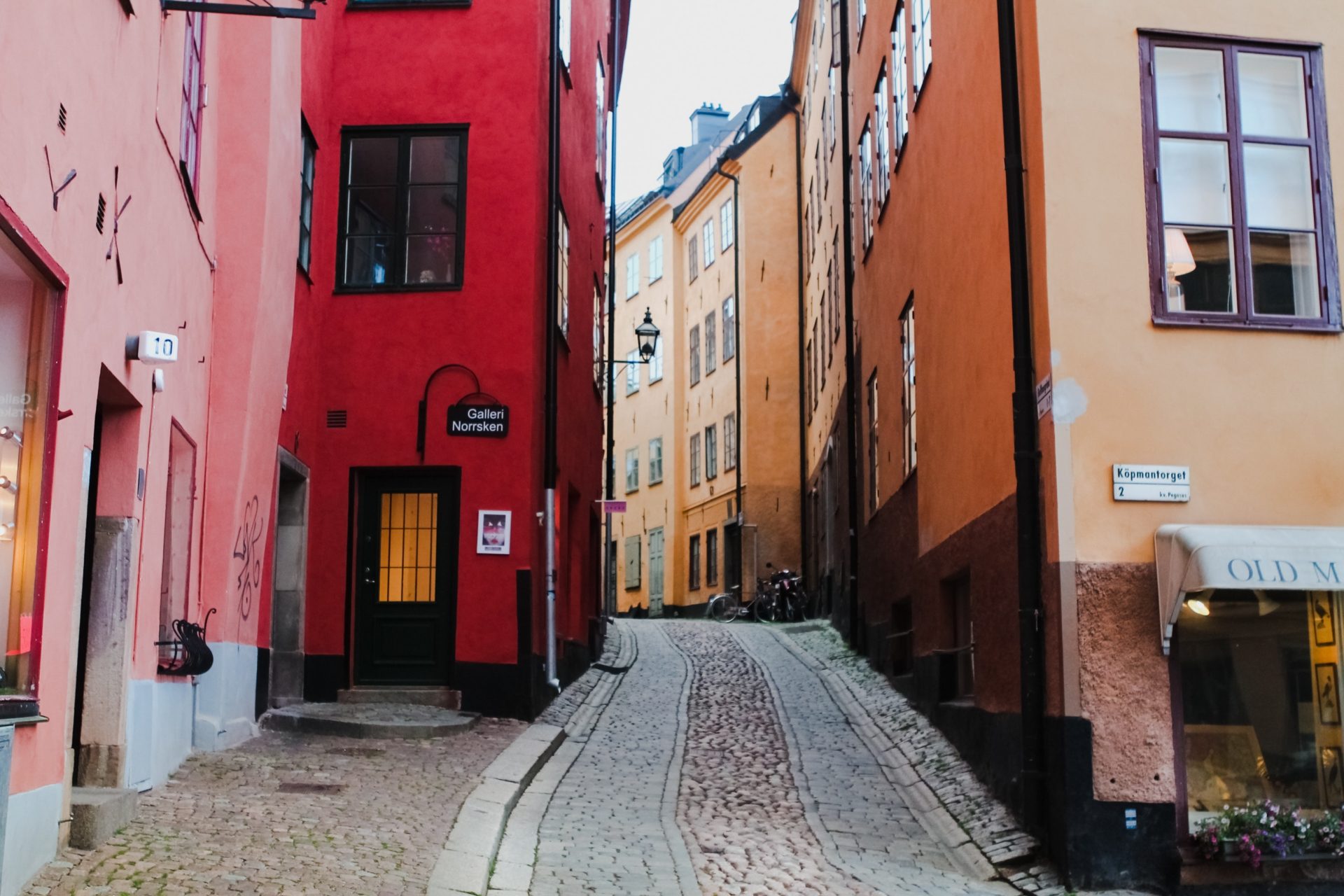
Photo by Katie Evensen from Pexels
Sweden is tied with the Netherlands because of their long history of sexual toleration and current openness for LGBTQ rights. This beautiful country (of beautiful Nordic men and women) has a rich history and during the summer months because of his Northern latitude experiences long days of sunshine. As a result the Swedes love to be outdoors, enjoying the twilight at innumerable open air cafés and pubs.
#4 – Malta
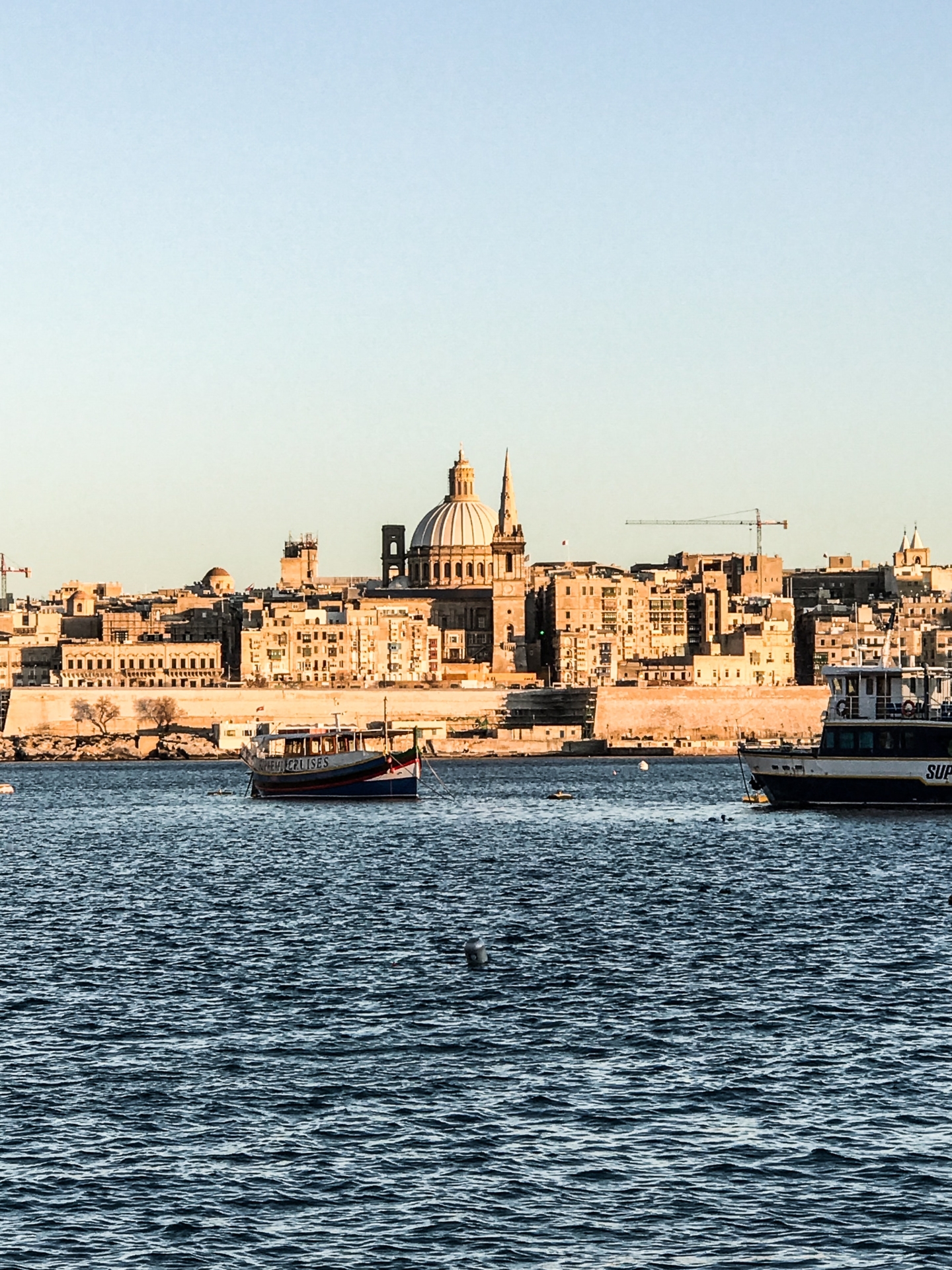
Photo by Locally Abroad from Pexels
This fascinating island nation in the middle of the Mediterranean between Italy and Africa has a blend of cultures dating back to ancient Phoenician sea traders and Carthage. Today it offers visitors not only beaches, fresh seafood, and amazing villages to visit (I personally highly recommend a sunset dinner in the medieval city of ‘Mdinah overlooking the entire island), but a unique culture to encounter.
# 5 – Portugal
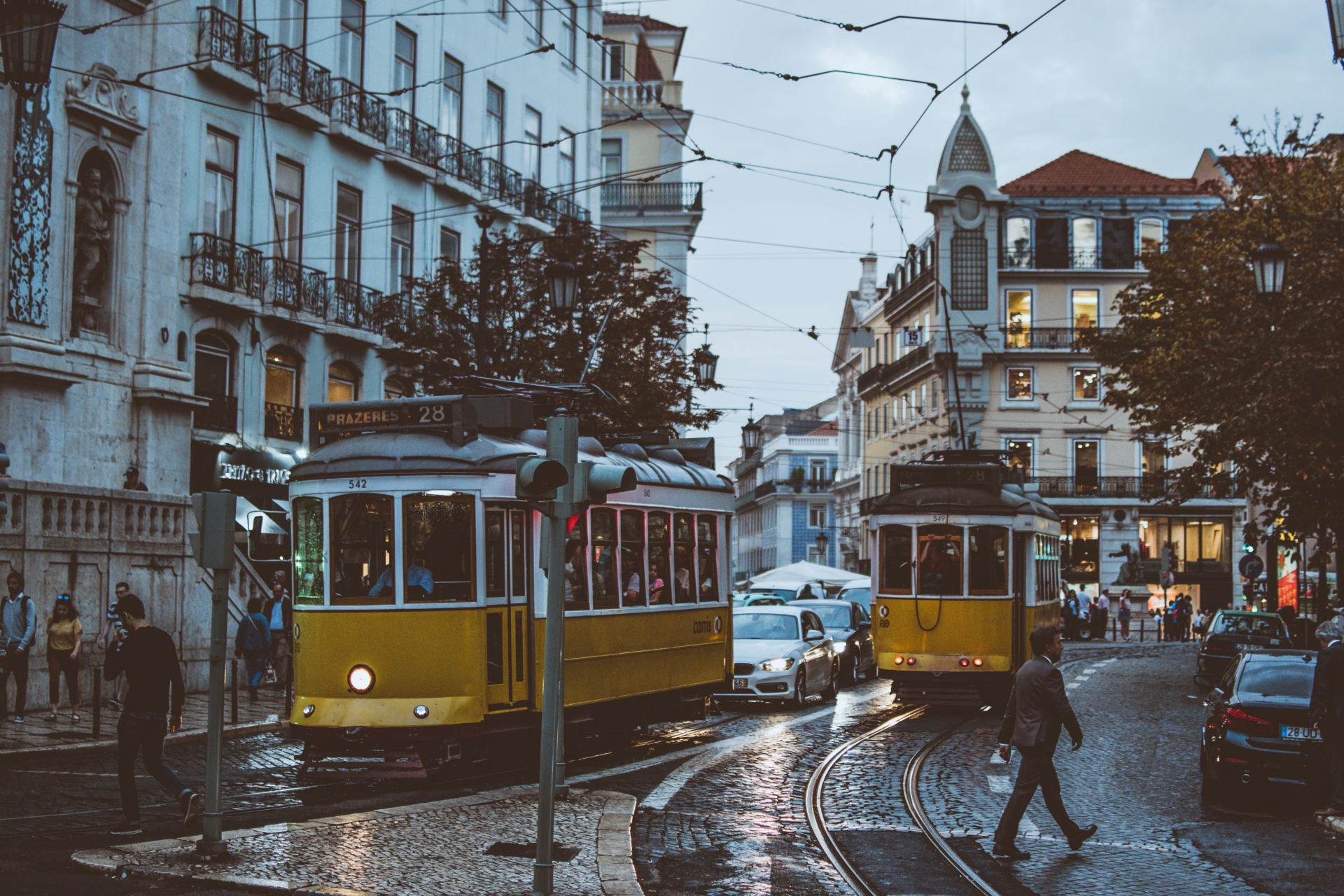
Photo by Lisa Fotios from Pexels
Portugal rounds out our list of the top five safest tourist destinations for gay travelers. Abutting the Atlantic ocean Portugal’s cities and beaches are a paradise for experiencing the warm latin embrace of great food, wine, and fun. Whether you’re a night person wanting to go bar-hopping and clubbing with the locals, or a day person interested in museums and local cultural history, Portugal offers both options in a safe and open setting.
So where’s the United States on this list? Good question. The US comes in at number 20, largely because of the lack of federal protections for LGBTQ. As the “bathroom wars” Republicans are waging demonstrate as well as continued hate crimes, there is still much work to be done in America to reach the global standard set by other countries. Not to mention how mass shootings diminish the safety for all, travelling in rural Oklahoma is not the same as walking down the sidewalk in Manhattan in terms of LGBTQ acceptance and safety.
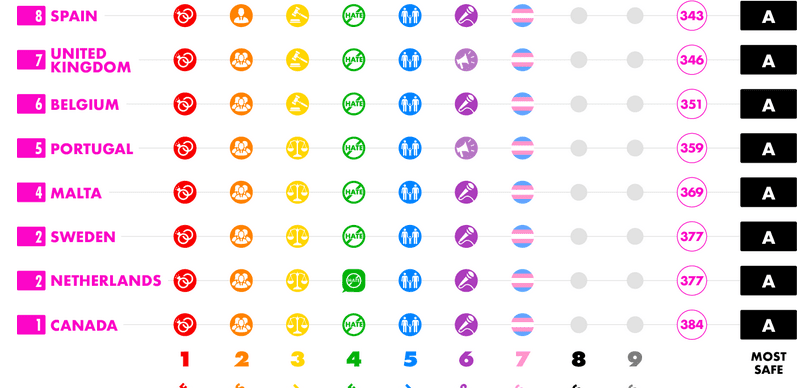
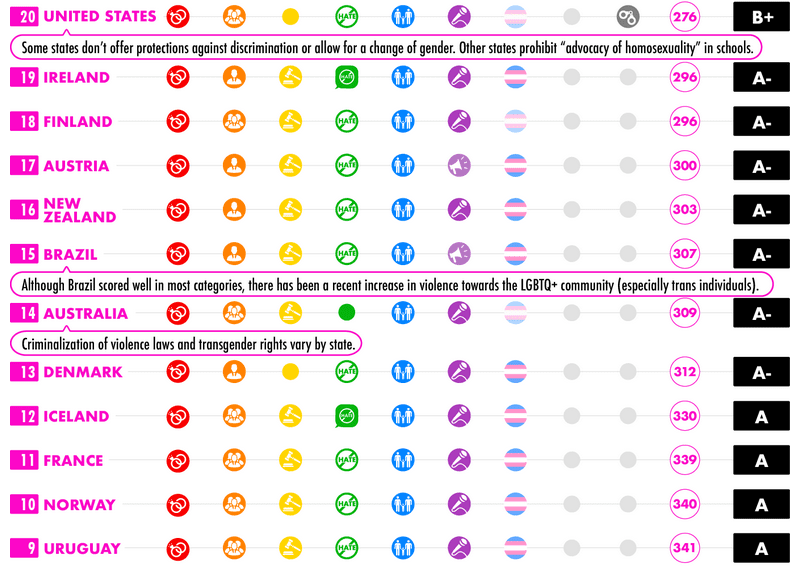
What destinations are you looking forward to as COVID restrictions are gradually eased this year?
“This post is solely the opinion of this contributing writer and may not reflect the opinion of other writers, staff, or owners of Instinct Magazine.”
Sources: AsherFergusson.com


As someone who’s traveled to 48 of the 54 African countries for over 50 years, and Europe, Sri Lanka and Vietnam, a more important issue than the legal environment for LGBTQ people (in general – exceptions being your top dangerous countries with draconian laws) is the social acceptance. In Senegal, Mali, Ivory Coast or Benin, for example, one can be at ease by respecting discretion as defined in each country. Outward displays of homosexuality are generally ill-advised – but heck, local heterosexuals rarely show affection in public either. There won’t be “gay” bars, but bars for people. Stay away from gay dating sites. If you’re looking for sex tourism, stay away. If you’re looking for beautiful beaches, food, people, and places, you won’t have problems (especially in countries where French is spoken, for cultural reasons). It’s not so much the existence of laws as much as local customs, and when traveling overseas, we all should respect local customs. Straight women wearing almost nothing won’t be at ease or acceptable in beautiful Zanzibar. Gay couples won’t have any issue as long as they behave similarly to locals. The most gay-friendly countries in Africa are literally paradises – Sao Tome, Seychelles and Cape Verde – all countries with Portuguese as their official language – no doubt a contributing factor.